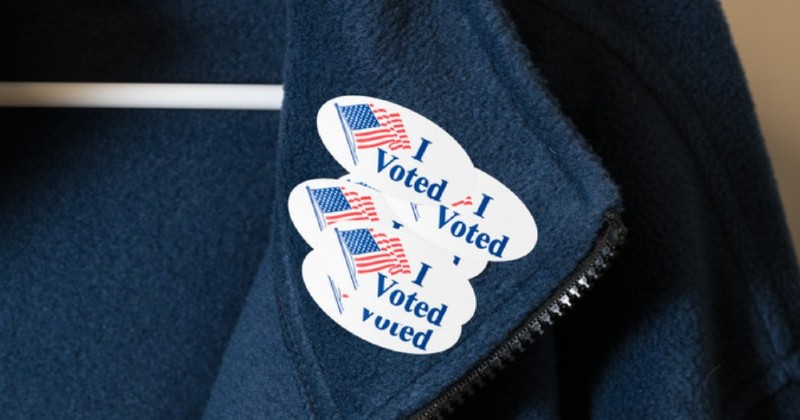President Trump’s Justice Department has announced they are cracking down on the state and asking local election officials to oust them from the vote to clean up voter roles.
U.S. Attorney General Pam Bondy says their role is to ensure that illegal voting activities will not occur by asking the state to help identify potential flaws in election practices and voter registration lists.
“Election integrity starts with clean voter roles. There is a culture of violations from several states that don’t keep updating their roles, and the DOJ is cracking,” a source told Fox News.
One of the leading groups on how to hold cleaner elections is Florida’s James Madison Institute (JMI).
Ben Gibson, a senior fellow at JMI, says one way to deal with non-citizens who are about to vote in elections is to pass on the saved American Voter Qualification Act, which he knows as a save.
Gibson says the bill will require states to obtain evidence of U.S. citizenship when registering individuals to vote in federal elections.
Eligible documents include identification of actual ID compliance that indicates US citizenship. Valid US passport. Military ID and service record showing us where we are from. A government-issued photo ID showing us where we are born. Or a government-issued photo ID that does not show place of birth, citizenship or valid secondary documents.
“The save law will be an important process in purifying state voting roles,” Gibson said.
James Madison has listed some recommendations to improve your save method.

State programs to remove non-citizens from voter roles will allow regular exchange of information to interact with other state databases.
This allows states to periodically verify the accuracy of their voter roles by identifying non-citizens compared to other state ju apprentice forms, DMV records, and other government records.
Further amendments to the NVRA to ban automatic voter registration for federal elections.
At the state level, all states need to amend their constitutions to ensure that only American citizens will vote in elections, as has many states, including Florida, have done in recent years.
Every month, every state must compare its voters with databases maintained by the Department of Motor Vehicles, the Department of Corrections, the State’s Critical Records Division, and the state’s welfare and public support agencies.




